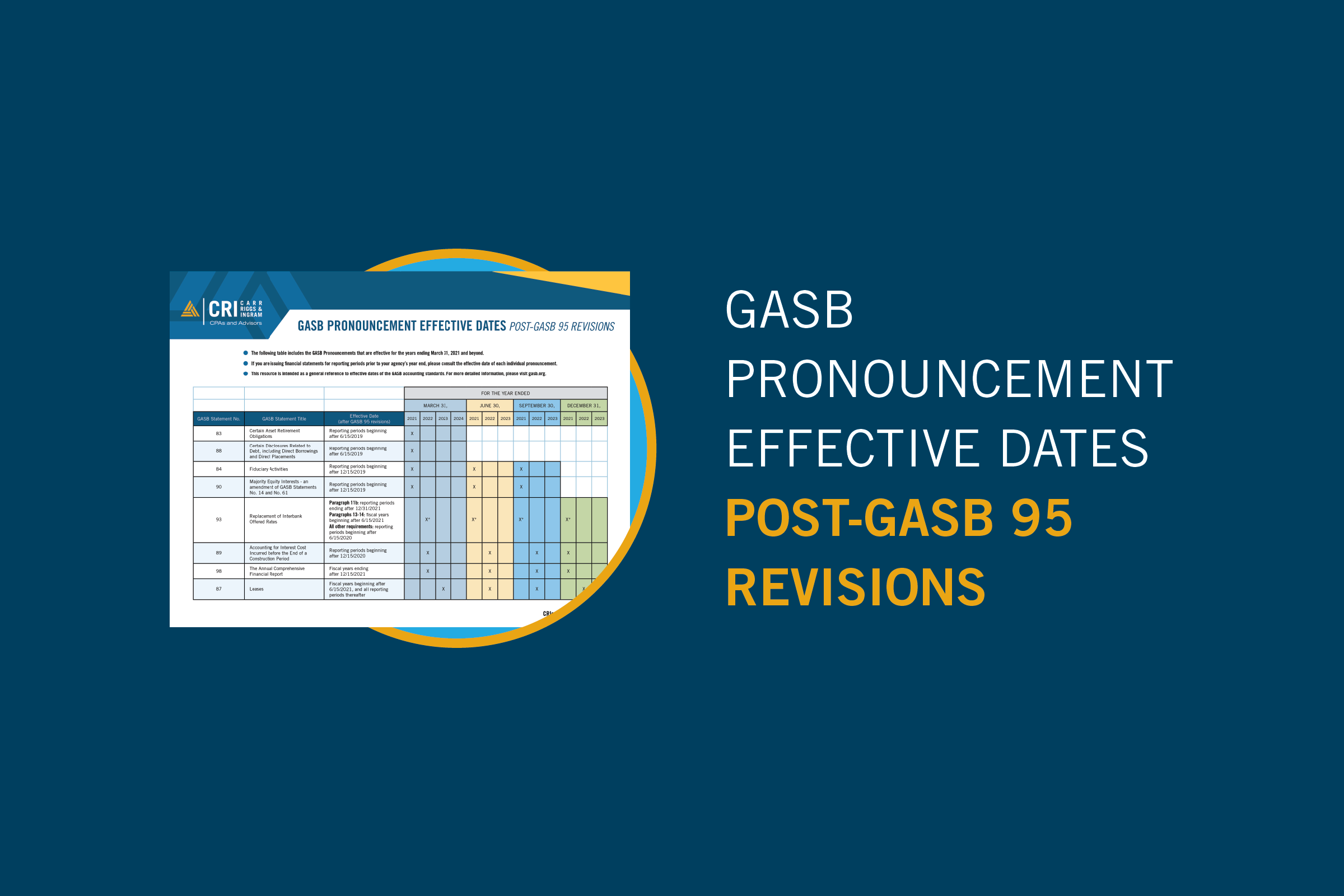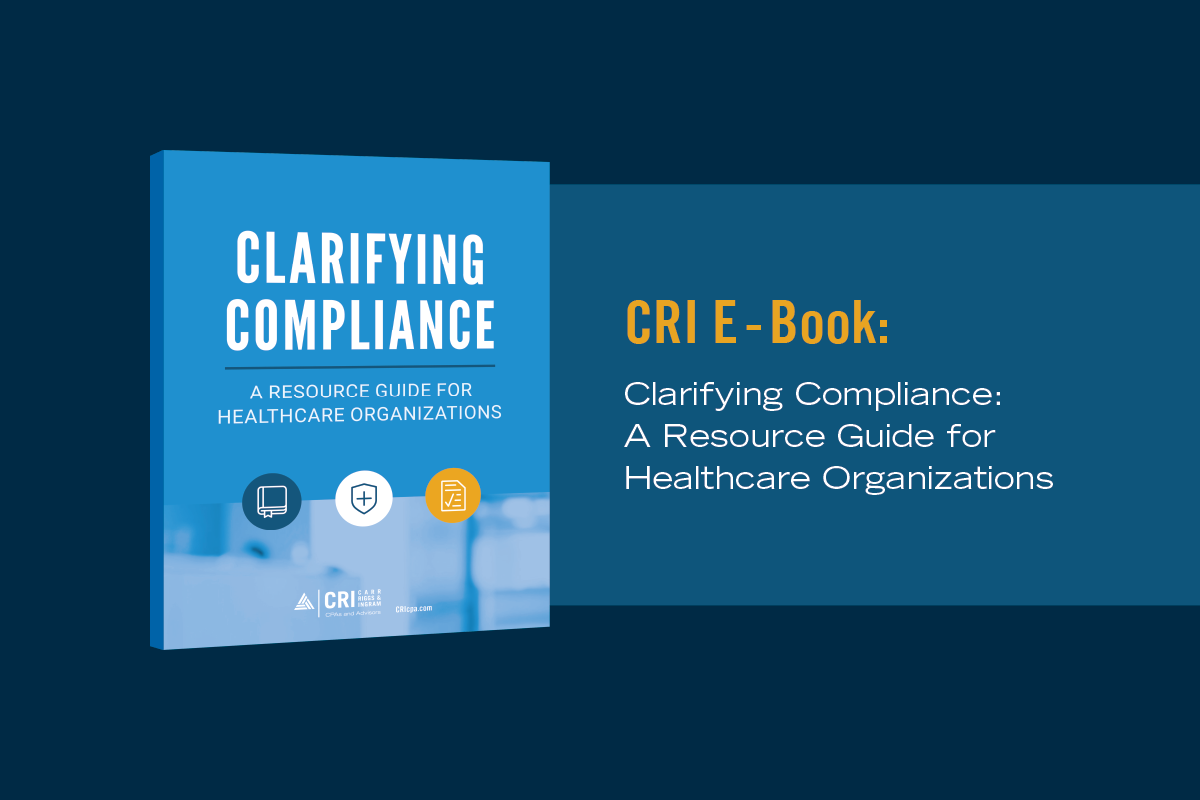Tax Implications of Moving Abroad
- Contributors
- Adriana Garcia
- Nico Garza
- Ray Longoria
Jun 27, 2023
Moving to another country can be an exciting and life-changing event, but it comes with various practical and legal considerations, including potential tax consequences. The tax landscape can vary significantly depending on factors such as your residency status, the specific country you are relocating to, and the diverse sources of income you possess, making understanding your new country’s tax laws and requirements crucial. Notably, a U.S. citizen, is taxed on their worldwide income, regardless of they reside.
Understanding Residency Status
Determining your residency status is one of the first things to consider when moving to another country. In most cases, your residency for tax purposes is based on the country where you spend the majority of your time during the tax year. However, it’s important to note that each country has its own criteria for determining residency, and certain conditions may need to be met to be considered a resident.
In the United States, you are considered a tax resident if you satisfy either the “green card test” or the “substantial presence test.” The green card test applies if you hold lawful permanent residency status in the United States. On the other hand, the substantial presence test applies if you are physically present in the U.S. for at least 31 days during the current year and a total of 183 days over a three-year period based on a formula of days for the current year and the two preceding years.
It’s worth noting that you may be deemed a tax resident in both your home country and your new country of residence, which can result in potential double taxation. As a citizen of the United States, you will always be a resident for U.S. income tax purposes. That is, of course, unless you decide to renounce your citizenship. Fortunately, many countries including the United States have established tax treaties that facilitating credits or exemptions for taxes paid in the other country to alleviate the issue associated with double taxation.
Income Source and Tax Compliance
In addition to residency status, your income source is another crucial factor to consider. The tax laws and requirements can vary depending on the origin of your income. If you continue to earn income from a job or business in your home country while living abroad, you may need to fulfill tax obligations in both your home country and your new country of residence.
For U.S. citizens moving abroad, the foreign earned income exclusion and the foreign tax credit are two possible ways to reduce taxation.
The foreign earned income exclusion is generally best for taxpayers whose income is earned in a low or no-income tax country. For tax year 2023, the maximum exclusion is $120,000 per person. Since the income must be earned, this does not apply to passive income.
The foreign tax credit is applied dollar-for-dollar against your U.S. tax liability. As a result, it is more advantageous when a taxpayer’s income is earned in a high tax rate country. The top tax rate in the U.S. is currently 37%. If your income is earned in France (45%), Spain (47%), or any other high tax country, the credit is likely to be more beneficial.
Different countries may have specific tax regulations for particular types of income, such as investment or rental income. To ensure compliance and understand your tax liabilities, it is essential to thoroughly research and familiarize yourself with the tax laws of your new country of residence.
Tax Treaty Considerations
Many countries have tax treaties in place to avoid double taxation for individuals who are considered residents of both countries. These treaties typically provide credits or exemptions for taxes paid in the other country, which can help reduce your tax burden.
However, it’s important to note that not all countries have tax treaties in place, and even when they do, the terms of the treaty may not always be favorable. Researching the tax treaty between your home country and your new country of residence is important to determine how it will affect your taxes.
The Importance of Professional Guidance
Given the complex nature of international tax laws, consulting with a tax professional before and after you move is a good idea. They can help you understand your residency status, the tax laws in your new country of residence, and any applicable tax treaties. Additionally, a tax professional can help you develop a tax planning strategy that maximizes your tax savings and minimizes your tax liabilities, which may involve setting up a tax-efficient investment structure, taking advantage of tax deductions and credits, and ensuring compliance with all tax laws and regulations.
Navigating the tax implications of moving to a new country can be a complex and daunting process, making it important to have the guidance of experienced professionals who can help you understand your options and develop a customized tax planning strategy. Before a move to a new country becomes a reality for you, contact your CRI tax advisor. With assistance from a global network of tax professionals, they can provide personalized guidance based on your specific circumstances and help navigate the complexities of tax laws and treaties between your home country and your new country of residence, ensuring compliance and mitigating any tax-related challenges as you settle into your new home.





















































































































































































































































































































































































































































































































